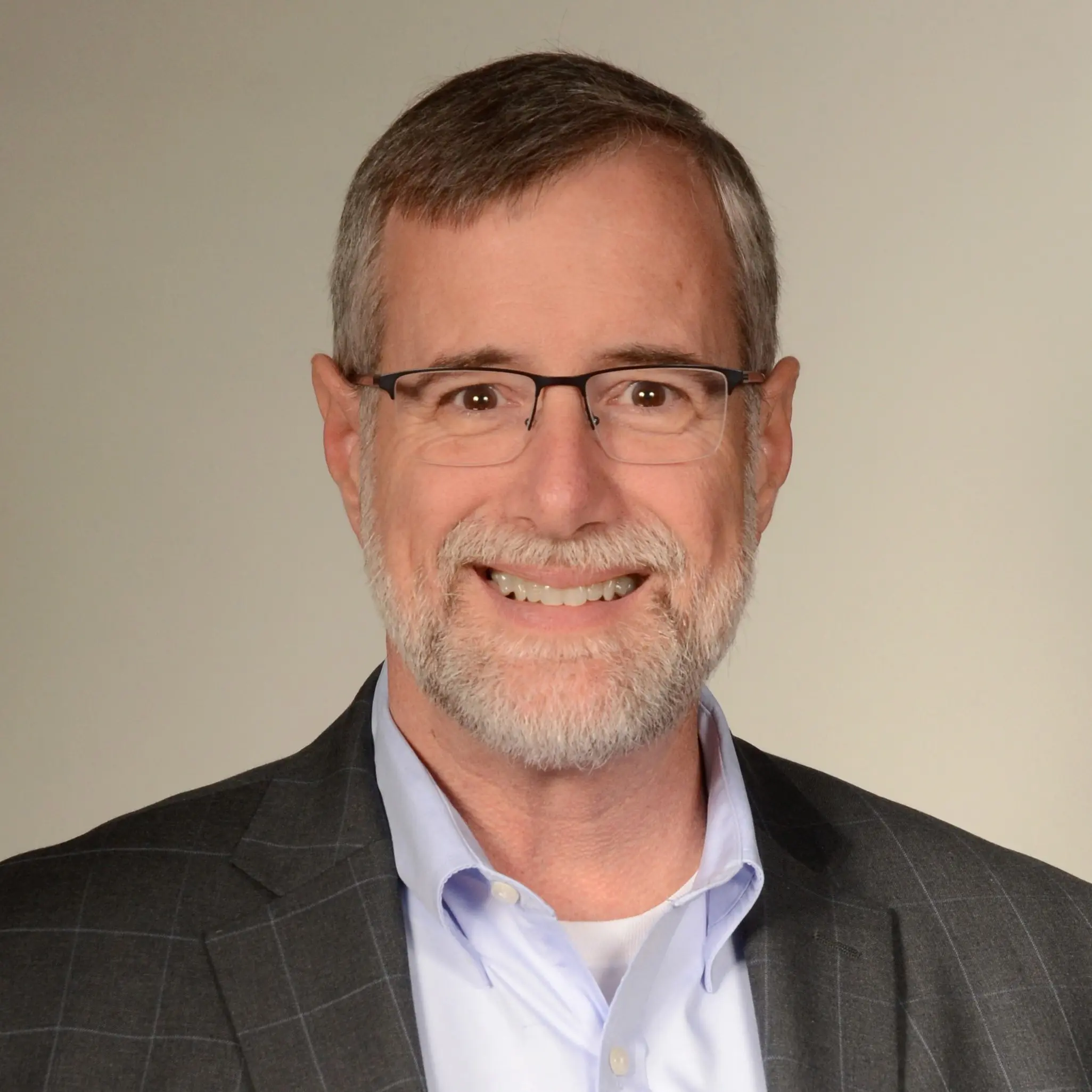The choice of retired Marine General James Mattis as defense secretary in the incoming Trump Administration deepens the debate of how we should define and understand our enemies in the war on terror. It also moves us forward in the right direction.
Mattis, a “warrior monk” who reads deeply and collects books, has been a firm advocate of knowing our enemies and what motivates them. He also recognizes that politicians have been overly diplomatic and reticent when it comes to defining those who are warring against us.
In a 2015 Heritage Foundation lecture, Mattis explained the challenge of a politicized Islam. “Americans will not ask one fundamental question: … Is political Islam in the best interest of the United States? I suggest the answer is no, but we need to have the discussion. If we won’t even ask the question, how do we even recognize our side in this fight?”
Orthodox. Faithful. Free.
Sign up to get Crisis articles delivered to your inbox daily
In this area at least, we can take comfort if he is confirmed as defense secretary. To be sure, several of President-elect Donald Trump’s cabinet and other choices are pleasantly surprising many of his critics on the Right, including the NeverTrumpers.
Mattis knows we need to accept that our enemy is unified on deeply held core beliefs that spring from a theology that is as clear as it is wayward. We, on the other hand, have become reluctant to think deeply as a nation about the issues that divide us and come to a resolution. We cannot deeply enunciate what underlies our core ideas, if they can even be called that anymore. Further, when religion comes up, there’s a large part of Washington that suddenly becomes downright squeamish.
This helps explain why President Obama has repeatedly resisted referring to the terrorists as radical Muslim extremists, defending himself by refusing to accept the idea that Americans can tell the difference between mainstream Westernized Islam and its more jihadic cousin.
“What I have been careful about when I describe these issues is to make sure that we do not lump these murderers into the billion Muslims that exist around the world, including in this country, who are peaceful, who are responsible, who, in this country, are fellow troops and police officers and fire fighters and teachers and neighbors and friends,” he remarked at a September town hall.
To be clear, this squeamishness is not just an American phenomenon, and it has examples further back in the history of our current crisis. In the first few days following the terror attacks of 9/11, President George W. Bush was roundly criticized for using the term “crusade” metaphorically.
“This is a new kind of evil,” he said in response to a reporter’s question in a September 16, 2001, news conference. “And we understand. And the American people are beginning to understand. This crusade, this war on terrorism, is going to take a while.”
Some voices were apoplectic at his reference to a crusade. A Christian Science Monitor article quoted the French foreign minister: “We have to avoid a clash of civilizations at all costs. One has to avoid falling into this huge trap, this monstrous trap.”
This begs the question: When one civilization is clashing against another that won’t even recognize the clash, who wins?
This is a challenge the West has faced for decades. During the Cold War, for example, many academics and political leaders refused to accept the fundamental challenge of atheistic communism. And it was a challenge we faced even with Nazism, when a large contingent of Americans, spurred on by Charles Lindbergh and others in the original “America First” movement, wanted us to stay out. It finally took the bombing of Pearl Harbor to get us to unite as a country.
During some of the darkest days of World War II, before United States involvement, the British writer Dorothy Sayers set forth one of the reasons for German success at the time—an “immense spiritual strength” that, she wrote, “lies precisely in the fact that they have fervently embraced, and hold with fanatical fervor, dogma which is none the less dogma for being called ‘ideology.’”
What about Britain? “We on our side have been trying for several centuries to uphold a particular standard of ethical values which derives from Christian dogma, while gradually dispensing with the very dogma which is the sole rational foundation for those values.”
Sayers’s argument holds not just for the Nazis in 1940, but for ISIS and other terrorists in our own day. As long as we are a nation divided and unwilling to peer into the depth of our division, we will always be a nation at war with itself, and a nation that has “settled” on being unsettled—and more at risk of terrorists and others who want to destroy us.
The nomination of Mattis shows there may be hope, and we can certainly look forward to a rousing debate on the subject at the upcoming confirmation hearing. We must ask, and answer, the “one fundamental question” Mattis poses; may it not take another 9/11 or Peal Harbor to unite us against the real threat our nation faces.
(Photo credit: General James Mattis, 2010 / Wikimedia)
